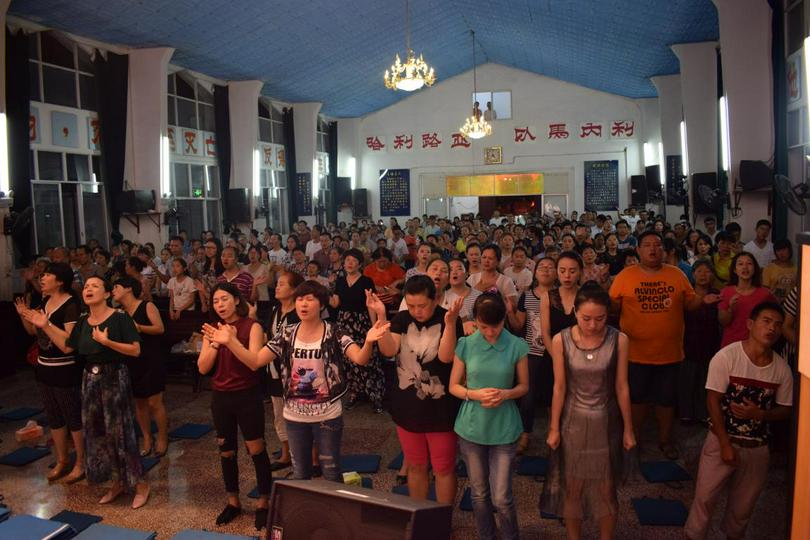A Chinese Christian leader believes that the church in modern China has experienced a total of four revivals.
Pastor Chen states that first of all, rural rejuvenation happened during the Cultural Revolution period. The Cultural Revolution laid a great foundation for the revival of the church in China.
An elder man surnamed An is 94 years old this year and living in Guizhou before the pandemic, he traveled around the world to spread the gospel by himself. He used to be a prince of the Yi ethnic group, and his family once lent land to British missionary Samuel Pollard to preach the gospel in Shimenkan, Guizhou Province. When he was studying at Peking University, one of the elders in the church liked him very much - that is, Wang Mingdao. An had a good relationship with Wang and refused to falsely accuse him of the government’s requirement. For this reason, he was sentenced to 25 years in prison for God. When the pastor sympathized with his sufferings in prison, he said, "It's not a suffering at all, but that God has locked me in a safe for 25 years. During the Cultural Revolution, the safest place to be was in prison. I could probably get killed sooner or later if I had been not in prison. God has locked me in this prison safe. There is no safer place than this."
He added, “Right after the Cultural Revolution, the whole of China went into a vacuum of faith.” Since 1957, almost all the idols in the country had been destroyed through various campaigns such as casting away the Four Olds. Later, Chairman Mao died, too. Since then, the Chinese people have entered a vacuum of faith. There are no monks, no nuns, or no Taoist priests. Almost overnight, there were more preachers, pastors, and elders, all of whom had been released from prison to lead the first great revival of the Chinese church in modern times.
After the revival in the countryside, the fire spread overseas. It started back in 1981 or 1982 when many people chose to do business and got rich so that they could send their kids overseas to study. About 15% of them became Christians. Although the revival took place abroad, it was actually the revival of Chinese Christians.
Then the group of people who studied abroad came back to China and established many churches in various cities. This was the case in every major city. There was a revival of Christianity in the workplace, and many churches were being set up inside companies.
Now comes the fourth revival, which is called a "synagogue-style" revival. When the Jews were rejected, they learned three things: they stopped idolatry, learned to do business, and founded synagogues. Where there are more than ten Jews, there must be a synagogue. What we now call a small group is actually similar to the synagogue of the Jews.
In such a hostile environment where house churches are forced to become more scattered and underground, the pastor warned that we must first guard against narrow nationalism. In the face of narrow nationalism, there is no good or evil. Jonah is a narrow nationalist in the Bible.
The second thing to watch out for is "Stockholm syndrome". It is typical in the Bible that the people of Israel in the wilderness did not hate Egypt, but loved it.
Thirdly, we should be beware of the herding effect or "blind obedience". "Be wary of blindly following the crowd without independent thinking. It is easy to be incited and brainwashed. The Israeli people in the wilderness like to watch the excitement is actually a reflection of blind obedience," he said.
- Translated by Oliver Zuo












